Online Class: Childhood Trauma — Long-term Effects and Interventions

no certificate
with CEU Certificate*
-
15Lessons
-
22Exams &
Assignments -
5Hours
average time -
0.5CEUs
Course Description
Imagine stepping into a world where you hold the keys to unlocking the potential in every child by understanding the profound and often invisible scars of trauma. Welcome to "Childhood Trauma: Long-term Effects and Interventions"--a transformative journey that goes beyond mere academic exploration to offer profound insights, practical solutions, and a path towards healing.
The journey begins with a compassionate invitation to see the silent struggles of countless children in a new light. As you delve into the intricacies of childhood trauma, you'll uncover a tapestry of experiences that tug at the heart--stories that resonate with anyone who's ever cared deeply about the well-being of a child. This course takes you by the hand and guides you through the complexities of trauma, offering you the tools to not only comprehend its origins but also to recognize its countless manifestations.
Here, the narrative unveils the hidden workings of the young brain under the shadow of trauma. You will engage with the fascinating world of neurobiology, where science meets empathy, and learn how early trauma rewires the brain, influencing behavior, emotions, and future potential. You'll gain the skills to identify these changes, making you not just an observer but an active participant in a child's healing journey.
As the lessons unfold, the thread of understanding weaves through the psychological repercussions of trauma. You'll journey with experts into the fragile world of child development, where you'll learn to discern the subtle cues and cries for help that are often lost amid a busy world. Imagine the power of being able to reach out and intervene just when a child needs it most, offering comfort and assurance that lays the foundation for healing and resilience.
The course provides a panoramic view of trauma's reach, extending its gaze to the impact on lifelong physical health and the intricate dance between trauma and attachment. With each module, you'll find yourself equipped with the knowledge to foster strong, secure relationships that counteract the isolating nature of trauma. It's a skillset that transcends professional application, offering insights valuable to anyone with children in their lives.
Understanding childhood trauma isn't complete without considering cultural contexts and intergenerational effects. You'll be guided through sensitive landscapes, learning to approach trauma with a culturally informed perspective that honors the diverse backgrounds of affected children. This course encourages you to be part of a transformative movement, one that links the past to a brighter, hopeful future, creating a legacy of resilience.
Beyond the classroom, this course empowers you to make tangible differences. You'll discover innovative screening and assessment tools that allow you to identify trauma with precision and compassion. And as you explore evidence-based interventions, you'll gain confidence in your ability to apply cognitive behavioral strategies that have been shown to restore hope and healing to those who need it most.
The role of family, educators, and community emerges as a lynchpin in the healing process. You'll be inspired by strategies that unite caregivers, schools, and communities in a common goal: to create nurturing environments where traumatized children can thrive. Every lesson in this course is a call to action, equipping you with strategies and policies to address trauma wherever you find it, be it in homes, classrooms, or wider society.
Finally, the course invites you to look beyond today, contemplating the future directions of trauma research and interventions. You'll leave with a vision--not only of what is possible but of your pivotal role in a movement that seeks to change lives for the better on a global scale.
"Childhood Trauma: Long-term Effects and Interventions" is more than a course; it's a commitment to transformation and healing. It is your chance to become a beacon of hope, an empowered agent of change, and a vital part of a compassionate community dedicated to lifting children from the shadows of trauma into the light of possibility. Join us, and let's reshape the future, one child at a time.
- Completely Online
- Self-Paced
- 6 Months to Complete
- 24/7 Availability
- Start Anytime
- PC & Mac Compatible
- Android & iOS Friendly
- Accredited CEUs

Course Lessons
Lesson 1. Understanding Childhood Trauma: Unveiling the Types and Causes
Different forms of childhood trauma, such as emotional and sexual abuse, can manifest as behavioral or emotional changes in children, often going unnoticed due to subtle presentations. Early identification and informed interventions can help prevent the deep-seated psychological scars from shaping a child's future adversely.Lesson 2. The Fragile Balance: Childhood Trauma and Brain Development
Traumatic experiences during early development can lead to lasting alterations in brain structures such as the hippocampus, resulting in memory impairments and emotional dysregulation due to elevated cortisol levels. Interventions like cognitive-behavioral therapy and mindfulness can mitigate these effects, enhancing neural recovery and promoting adaptive functioning.Lesson 3. Unveiling the Lasting Brain Effects of Early Trauma
Attachment Theory sheds light on how early caregiver-child relationships shape neural and psychological development, with traumatic disruptions leading to disorders such as RAD and DSED. Interventions like Child-Parent Psychotherapy and fostering secure attachments in safe environments can help repair damaged bonds and promote healthier developmental trajectories.Lesson 4. Trauma’s Reach: How It Shapes Childhood Development
Attachment Theory offers a framework for understanding the impact of caregiver-child bonds on development, particularly in traumatic contexts, shaping both immediate behaviors and long-term mental health. Interventions based on Attachment Theory can repair disordered relationships, guide caregivers in providing emotional support, and foster resilience and recovery from trauma.Lesson 5. Attachment Theory Meets Childhood Trauma
Attachment theory, initiated by Bowlby and Ainsworth, reveals the profound impact of childhood caregiver bonds on emotional growth, with secure attachments linked to positive psychological outcomes. Therapeutic approaches that address attachment disruptions, informed by neuroscience, offer targeted relief and tools for emotional resilience.Lesson 6. The Profound Biological Consequences of Childhood Stress and Trauma
The ongoing activity of the HPA axis in response to childhood trauma underscores the lasting effects of stress on physical health, including heart disease and metabolic dysregulation. Proactive measures, such as psychological therapies and lifestyle interventions, are pivotal in mitigating these risks by promoting adaptive stress responses.Lesson 7. Exploring Cultural Influences on Childhood Trauma: A Global Perspective
Societal pressures in different cultures, such as academic achievement in Asia, can be sources of childhood trauma, complicating identification and intervention efforts. Tailored support systems that honor cultural values while addressing emotional needs are essential for effective healing processes.Lesson 8. Childhood Trauma: Early Interventions and Recovery Mechanisms
Childhood trauma can profoundly alter a child's psychological development and extend its effects into adulthood, manifesting in cognitive, social, and emotional challenges. With early intervention and tailored support, resilience and recovery are achievable through therapeutic approaches and stable, nurturing environments.Lesson 9. The Cycle of Trauma: How It Affects Families Across Generations
Intergenerational trauma is a complex process where trauma passes through generations, affecting families and communities at a systemic level, but understanding its mechanisms, such as epigenetics, offers a pathway to breaking these cycles. Fostering resilience and healing necessitates interventions like trauma-informed education and cultural revitalization, ensuring future generations inherit a legacy of hope, not pain.Lesson 10. 5. From Adversity to Strength: Rethinking Trauma in Children's Development
Traumatized children often face emotional challenges, such as anxiety or aggression, and struggle with social relationships due to their perception of the world as unsafe. By fostering emotional intelligence and empathy, nurturing caregivers and educators can provide a foundation of resilience and social connectedness, aiding children in overcoming trauma's effects.Lesson 11. CBT for Childhood Trauma
Childhood trauma can profoundly alter cognitive and behavioral development, highlighting the need for Cognitive Behavioral Therapy (CBT). By addressing negative beliefs and reactions, CBT empowers children to regain control over their responses, enhancing psychological well-being and social functioning.Lesson 12. Resilience and Vulnerability: The Family's Role in Childhood Trauma
Emphasizing emotional intelligence and empathy in familial interactions fosters stronger bonds and mitigates conflicts, crucial for overcoming trauma-related challenges. These skills encourage open and supportive communication, enabling families to build secure, trusting relationships.Lesson 13. Strategies for Addressing Trauma in Education
Trauma-informed education employs strategies that emphasize safety, trust, and emotional intelligence, empowering students to engage in their learning journey despite past adversities. Through collaboration with families and community resources, schools offer a comprehensive support network that fosters resilience and inclusivity.Lesson 14. Crafting Holistic Community Care for Traumatized Youth
Cultural competence and inclusivity are essential for community interventions designed to assist traumatized children, respecting diverse cultural backgrounds and ensuring holistic healing. By incorporating traditional practices and fostering bilingual and multicultural environments, interventions become more effective and resonate with the children's cultural experiences.Lesson 15. Cutting-Edge Techniques for Child Trauma Recovery
Culturally sensitive trauma interventions honor diverse traditions and practices, enhancing therapy effectiveness by respecting community values and leveraging natural support systems. Cross-cultural approaches ensure that healing is holistic and accessible, fostering resilient communities through inclusive therapeutic practices that acknowledge unique cultural narratives and expressions.
Learning Outcomes
- Demonstrate identification of trauma indicators, such as behavioral changes and emotional dysregulation, in children.
- Define distinct types of childhood trauma, such as physical, emotional, sexual abuse, and neglect.
- Demonstrate methods to mitigate trauma effects in children through interventions like Cognitive Behavioral Therapy and mindfulness practices.
- Define the impact of childhood trauma on neurodevelopmental processes, including effects on the prefrontal cortex, amygdala, and hippocampus.
- Describe the neurobiological impact of early childhood trauma on brain structures such as the amygdala, hippocampus, and prefrontal cortex.
- Identify therapeutic interventions and strategies like Cognitive Behavioral Therapy and trauma-informed care that mitigate the effects of early trauma on neuronal pathways.
- Demonstrate knowledge of intervention strategies such as TF-CBT and mindfulness techniques for promoting neuroplasticity and healing in children affected by trauma
- Explain how trauma disrupts normal brain development, focusing on the amygdala, hippocampus, and prefrontal cortex function
- Explain how inconsistent caregiving can result in anxious-ambivalent attachment and anticipate psychological outcomes associated with it.
- Describe how secure attachment influences emotional and social development, using examples from the 'Strange Situation' study.
- Define the physiological mechanisms of the HPA axis related to childhood trauma and predict potential health outcomes.
- Identify and describe interventions that can mitigate the long-term health effects of childhood trauma through therapeutic practices.
- Demonstrate mastery of lesson content at levels of 70% or higher.
Additional Course Information

- Document Your Lifelong Learning Achievements
- Earn an Official Certificate Documenting Course Hours and CEUs
- Verify Your Certificate with a Unique Serial Number Online
- View and Share Your Certificate Online or Download/Print as PDF
- Display Your Certificate on Your Resume and Promote Your Achievements Using Social Media

Choose Your Subscription Plan
No Certificate / No CEUs
This course only
| Includes certificate | X |
| Includes CEUs | X |
| Self-paced |

|
| Instructor support |

|
| Time to complete | 6 months |
| No. of courses | 1 course |
Certificate & CEUs
This course only
| Includes certificate |

|
| Includes CEUs |

|
| Self-paced |

|
| Instructor support |

|
| Time to complete | 6 months |
| No. of courses | 1 course |
Certificates & CEUs
Includes all 600+ courses
| Includes certificate |

|
| Includes CEUs |

|
| Self-paced |

|
| Instructor support |

|
| Time to complete | 12 Months |
| No. of courses | 600+ |
Certificates & CEUs
Includes all 600+ courses
| Includes certificate |

|
| Includes CEUs |

|
| Self-paced |

|
| Instructor support |

|
| Time to complete | 24 Months |
| No. of courses | 600+ |
Related Courses
-
 3 hours
0.3 CEUs
Career Planning and Development
+ More Info
3 hours
0.3 CEUs
Career Planning and Development
+ More Info
-
 4 hours
0.4 CEUs
Narcissistic Loops: Breaking the Cycle of Self-Absorption
+ More Info
4 hours
0.4 CEUs
Narcissistic Loops: Breaking the Cycle of Self-Absorption
+ More Info
-
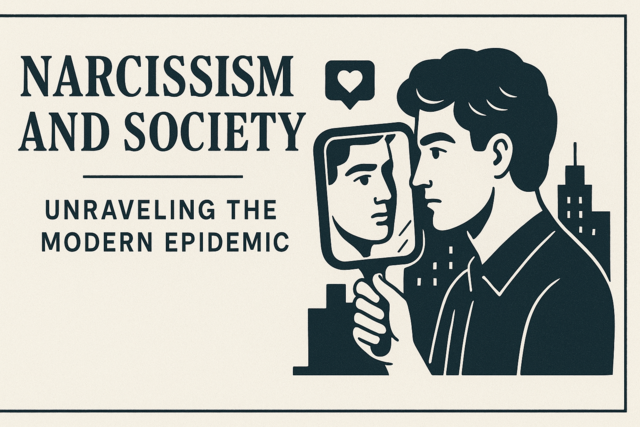 6 hours
0.6 CEUs
Narcissism and Society: Unraveling the Modern Epidemic
+ More Info
6 hours
0.6 CEUs
Narcissism and Society: Unraveling the Modern Epidemic
+ More Info
-
 3 hours
0.3 CEUs
Creating and Maintaining Personal Boundaries
+ More Info
3 hours
0.3 CEUs
Creating and Maintaining Personal Boundaries
+ More Info
-
 7 hours
0.7 CEUs
Sustainable Living and Eco-Friendly Practices
+ More Info
7 hours
0.7 CEUs
Sustainable Living and Eco-Friendly Practices
+ More Info
-
 7 hours
0.7 CEUs
Building a Healthy Work Environment
+ More Info
7 hours
0.7 CEUs
Building a Healthy Work Environment
+ More Info
-
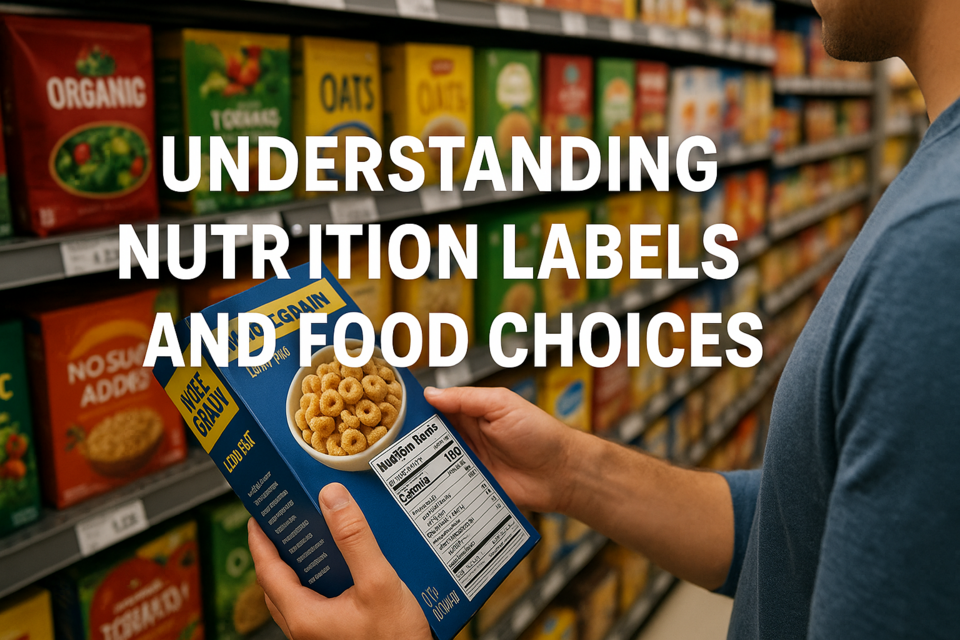 5 hours
0.5 CEUs
Understanding Nutrition Labels and Food Choices
+ More Info
5 hours
0.5 CEUs
Understanding Nutrition Labels and Food Choices
+ More Info
-
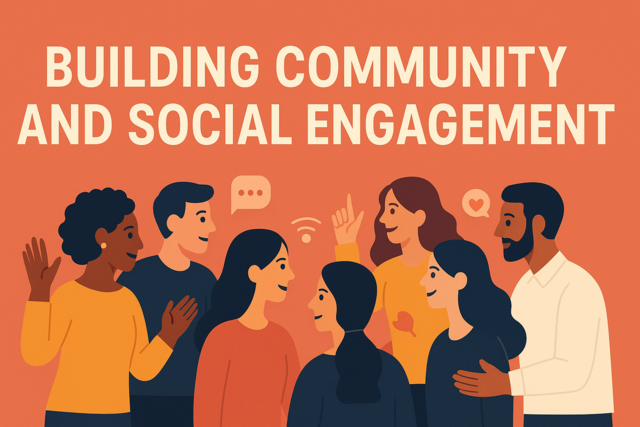 7 hours
0.7 CEUs
Building Community and Social Engagement
+ More Info
7 hours
0.7 CEUs
Building Community and Social Engagement
+ More Info
-
 7 hours
0.7 CEUs
Effective Communication Skills for Everyday Life
+ More Info
7 hours
0.7 CEUs
Effective Communication Skills for Everyday Life
+ More Info
-
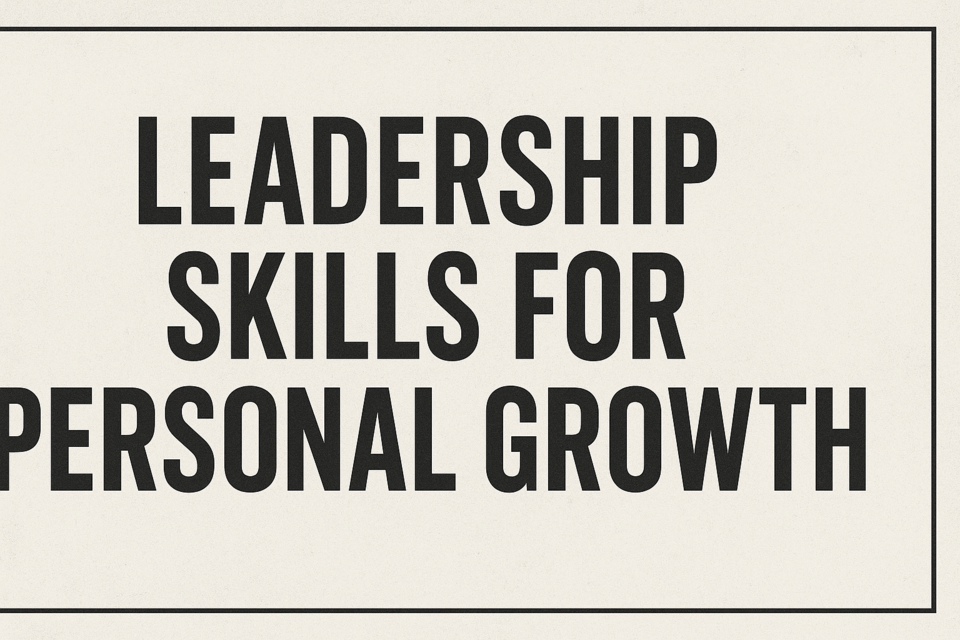 4 hours
0.4 CEUs
Leadership Skills for Personal Growth
+ More Info
4 hours
0.4 CEUs
Leadership Skills for Personal Growth
+ More Info
-
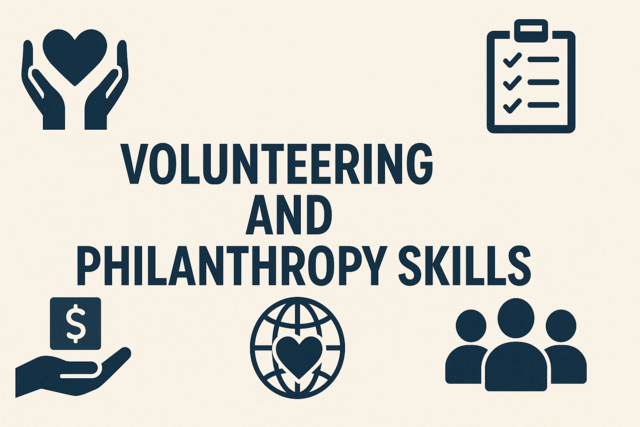 7 hours
0.7 CEUs
Volunteering and Philanthropy Skills
+ More Info
7 hours
0.7 CEUs
Volunteering and Philanthropy Skills
+ More Info
-
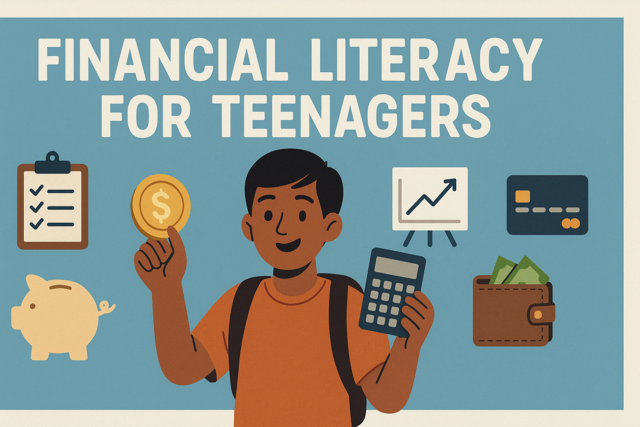 5 hours
0.5 CEUs
Financial Literacy for Teenagers
+ More Info
5 hours
0.5 CEUs
Financial Literacy for Teenagers
+ More Info
-
 6 hours
0.6 CEUs
Basic Gardening and Plant Care
+ More Info
6 hours
0.6 CEUs
Basic Gardening and Plant Care
+ More Info
-
 6 hours
0.6 CEUs
Healing from Narcissism: Paths to Recovery and Healthy Dynamics
+ More Info
6 hours
0.6 CEUs
Healing from Narcissism: Paths to Recovery and Healthy Dynamics
+ More Info
-
 3 hours
0.3 CEUs
Budgeting and Financial Planning
+ More Info
3 hours
0.3 CEUs
Budgeting and Financial Planning
+ More Info
-
 4 hours
0.4 CEUs
Basic Household Maintenance Skills
+ More Info
4 hours
0.4 CEUs
Basic Household Maintenance Skills
+ More Info
-
 6 hours
0.6 CEUs
The Art of Active Listening
+ More Info
6 hours
0.6 CEUs
The Art of Active Listening
+ More Info
-
 6 hours
0.6 CEUs
Digital Literacy and Security
+ More Info
6 hours
0.6 CEUs
Digital Literacy and Security
+ More Info
-
 6 hours
0.6 CEUs
Introduction to Minimalist Living
+ More Info
6 hours
0.6 CEUs
Introduction to Minimalist Living
+ More Info
-
 5 hours
0.5 CEUs
Setting and Maintaining Personal Priorities
+ More Info
5 hours
0.5 CEUs
Setting and Maintaining Personal Priorities
+ More Info
-
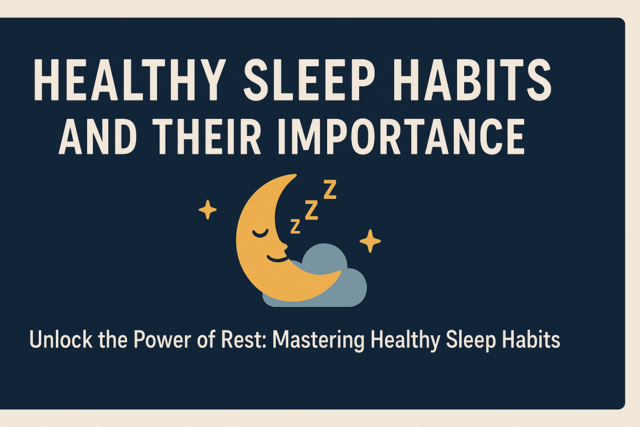 7 hours
0.7 CEUs
Healthy Sleep Habits and Their Importance
+ More Info
7 hours
0.7 CEUs
Healthy Sleep Habits and Their Importance
+ More Info
-
 5 hours
0.5 CEUs
Generational Patterns: How Narcissism Perpetuates Dysfunction
+ More Info
5 hours
0.5 CEUs
Generational Patterns: How Narcissism Perpetuates Dysfunction
+ More Info
-
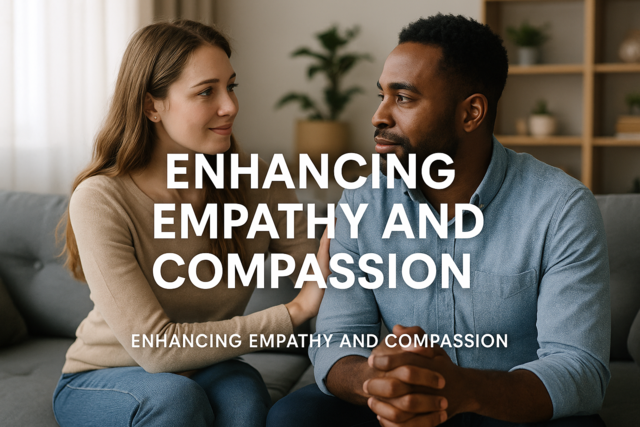 7 hours
0.7 CEUs
Enhancing Empathy and Compassion
+ More Info
7 hours
0.7 CEUs
Enhancing Empathy and Compassion
+ More Info
-
 5 hours
0.5 CEUs
Personal Hygiene and Grooming Essentials
+ More Info
5 hours
0.5 CEUs
Personal Hygiene and Grooming Essentials
+ More Info
-
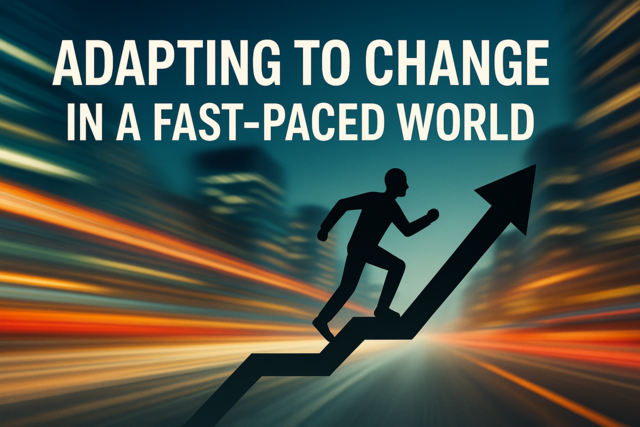 7 hours
0.7 CEUs
Adapting to Change in a Fast-Paced World
+ More Info
7 hours
0.7 CEUs
Adapting to Change in a Fast-Paced World
+ More Info




